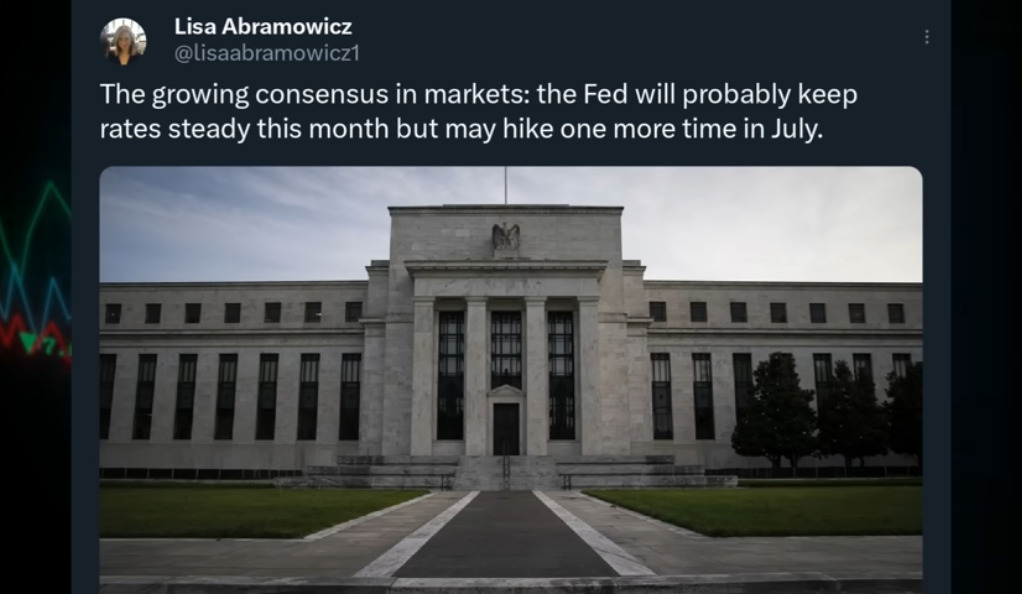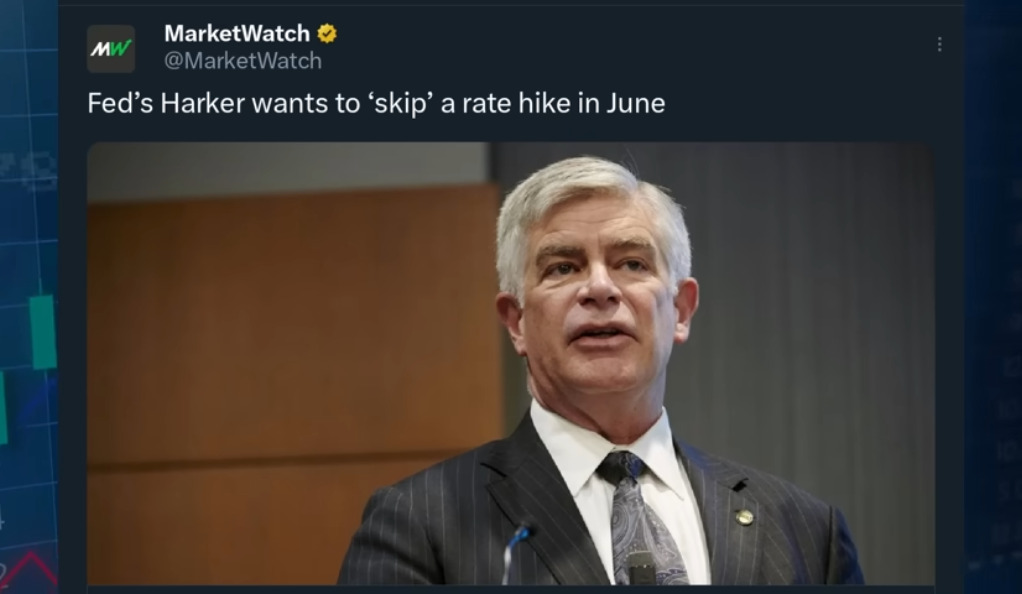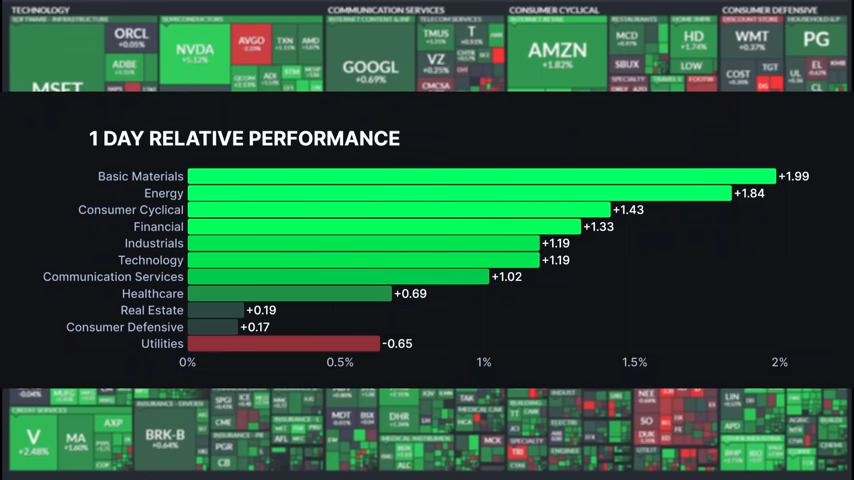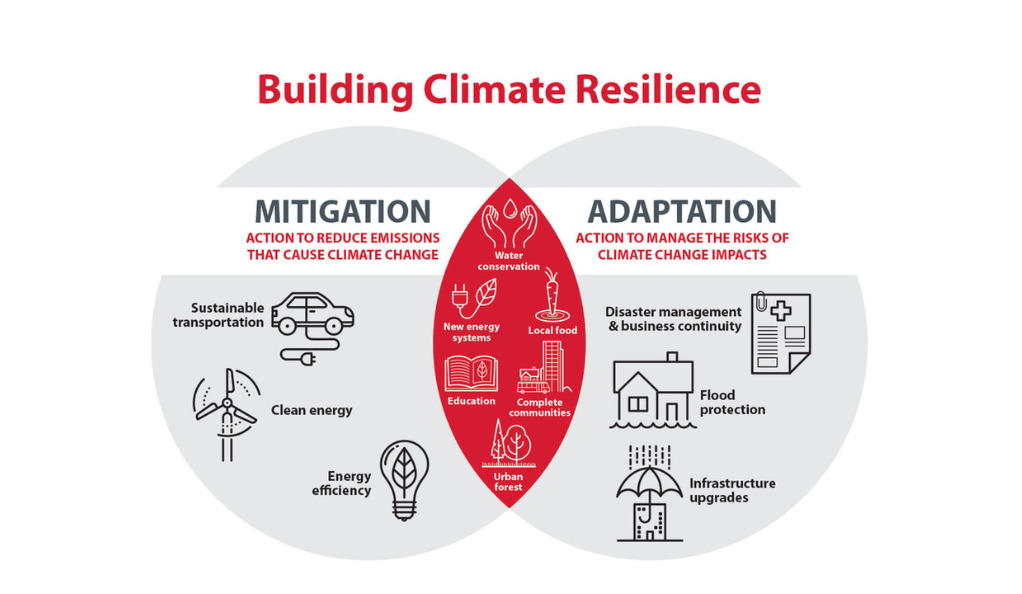Climate change has emerged as one of the most pressing challenges of our time, with profound implications for the global economy. As temperatures rise, weather patterns become more erratic, and sea levels continue to climb, the economic impacts of climate change are becoming increasingly apparent across various sectors. In this comprehensive analysis, we will delve into the intricate details of how climate change affects the world economy, exploring its consequences on different industries, discussing the strategies for adaptation and mitigation, and highlighting the importance of policy intervention and international cooperation.

The Economic Impact of Climate Change: An Overview
Climate change has wide-ranging economic implications that affect every sector. Agriculture, a crucial industry providing food and livelihoods, is particularly vulnerable. Climate change disrupts crop growth and livestock production through changes in rainfall patterns, extreme weather events, and rising temperatures, leading to reduced yields, increased pests and diseases, and compromised food security. This not only causes food shortages and price hikes but also impacts local and international markets due to disruptions in the food supply chain.
Similarly, the energy sector faces challenges and opportunities in the transition to a low-carbon economy. Fossil fuel-based energy sources contribute to climate change, but transitioning to renewable energy presents prospects for innovation, job creation, and sustainable growth. However, traditional energy industries may face employment and revenue challenges as the demand for fossil fuels decreases. Careful management is necessary to ensure a just and inclusive transition, mitigating negative economic consequences while capitalizing on the opportunities of renewable energy.

Additionally, climate change affects sectors such as tourism and healthcare. Rising temperatures, changing weather patterns, and sea-level rise pose risks to tourism destinations, impacting revenues, business viability, and employment opportunities. Extreme weather events can damage tourism infrastructure, disrupt travel plans, and deter tourists. The healthcare sector experiences increased costs due to heat-related illnesses and strain on healthcare systems during extreme weather events. Furthermore, climate change damages infrastructure, including transportation networks and power grids, necessitating costly repairs and upgrades. To minimize risks, protect livelihoods, and build resilient economies, mitigation and adaptation strategies are crucial across sectors, emphasizing the urgent need to address the economic implications of climate change.
Agriculture: The First Casualty
The agricultural sector is particularly vulnerable to the impacts of climate change. Changes in rainfall patterns, increased frequency of extreme weather events, and rising temperatures disrupt crop growth and livestock production. These factors lead to reduced yields, increased pests and diseases, and compromised food security. Ultimately, this can result in food shortages and price hikes, affecting not only the cost of food for consumers but also the livelihoods of farmers.
Moreover, agriculture serves as a significant source of employment for millions of people worldwide, particularly in developing countries. When crops fail, farmers experience income loss, leading to increased poverty and economic instability. The effects of climate change on agriculture reverberate throughout the global economy, as disruptions in the food supply chain and rising food prices impact both local and international markets.
Energy: A Double-Edged Sword
The energy sector faces both challenges and opportunities in the face of climate change. Fossil fuel-based energy sources, such as coal, oil, and natural gas, are major contributors to greenhouse gas emissions, exacerbating climate change. Transitioning to renewable energy sources, such as solar, wind, and hydropower, is essential for mitigating climate change and achieving sustainable development goals.
While the shift to renewable energy presents an opportunity for innovation, job creation, and sustainable economic growth, it also poses challenges for traditional energy industries. As the world transitions to a low-carbon economy, the demand for fossil fuels may decline, impacting employment and revenue in these sectors. Therefore, managing this transition in a just and inclusive manner is crucial to prevent negative economic consequences and ensure a smooth and equitable energy transition.

Tourism: Paradise Lost?
The tourism industry, particularly in regions reliant on natural attractions, is highly susceptible to the impacts of climate change. Rising temperatures, changing weather patterns, and sea-level rise pose risks to popular tourist destinations, such as beaches, coral reefs, and ecotourism sites. Extreme weather events, such as hurricanes and cyclones, can cause significant damage to tourism infrastructure and disrupt travel plans.
The economic implications of climate change on tourism extend beyond the loss of picturesque landscapes and cultural heritage sites. Tourism is a vital source of revenue for many countries, contributing to GDP, job creation, and foreign exchange earnings. A decline in tourist arrivals due to climate-related disruptions can have severe economic consequences, leading to revenue loss, business closures, and unemployment. Small island developing states, heavily reliant on tourism, are particularly vulnerable to these impacts.
Healthcare and Infrastructure: The Hidden Costs
Climate change poses hidden costs to the healthcare and infrastructure sectors. Increasing temperatures and heatwaves can result in more frequent cases of heat-related illnesses, including heatstroke and respiratory problems. This places a burden on healthcare systems, increasing healthcare costs and potentially overwhelming healthcare facilities.
Additionally, extreme weather events associated with climate change, such as hurricanes, floods, and wildfires, can cause significant damage to critical infrastructure, including transportation networks, power grids, and buildings. The repair and reconstruction costs can be substantial, diverting resources from other areas of the economy and hindering long-term development.

Mitigation and Adaptation: The Way Forward
While the economic impacts of climate change are vast, there are strategies available to mitigate these impacts and adapt to the changing climate. Mitigation measures focus on reducing greenhouse gas emissions through renewable energy deployment, energy efficiency improvements, sustainable land management practices, and the adoption of low-carbon technologies. These actions not only contribute to climate change mitigation but also offer economic opportunities, such as job creation and technological innovation.
Adaptation strategies involve building resilience to climate change impacts. This includes developing climate-resilient infrastructure, implementing early warning systems for extreme weather events, enhancing water management systems, and promoting sustainable agricultural practices. By investing in adaptation measures, societies can reduce vulnerability, protect economic assets, and ensure the continuity of essential services.

Case Studies: Lessons from the Frontlines
Real-world case studies provide valuable insights into the economic impacts of climate change and how we can respond. From the 2003 European heatwave to the challenges faced by small island developing states, these examples offer lessons we can apply on a global scale.
Take the European heatwave of 2003, for instance. It was one of the hottest summers on record, leading to a significant drop in agricultural output. But it also led to a surge in energy demand as people cranked up their air conditioners, putting strain on energy grids and leading to higher energy prices. This event highlighted the interconnectedness of different sectors and the need for a coordinated response to climate change.
Small island developing states are another case in point. These countries are on the frontlines of climate change, facing the threat of rising sea levels and more frequent and severe storms. But they are also showing the world how to adapt. From building climate-resilient infrastructure to investing in renewable energy, these countries are turning adversity into opportunity.
The Role of Policy and International Cooperation

Addressing the economic implications of climate change requires robust policy interventions and international cooperation. Governments play a crucial role in establishing policy frameworks that promote the transition to low-carbon, climate-resilient economies. This includes implementing regulations to reduce greenhouse gas emissions, incentivizing clean technologies, supporting renewable energy deployment, and integrating climate considerations into development planning.
International cooperation is essential to tackle climate change effectively. Climate change is a global challenge that transcends national boundaries, necessitating collaboration among countries. This involves sharing knowledge, best practices, and technologies for adaptation and mitigation. Additionally, developed countries have a responsibility to support developing countries financially and technologically, enabling them to implement climate change measures and build resilience.
Conclusion: A Call to Action
In conclusion, climate change presents significant economic challenges, but it also offers opportunities for innovation and sustainable growth. Understanding the potential impacts is crucial in formulating effective strategies to address the economic risks. By adopting mitigation measures, such as transitioning to renewable energy sources, improving energy efficiency, and promoting sustainable land management, we can reduce greenhouse gas emissions and limit the severity of climate change impacts. Simultaneously, implementing adaptation measures is essential to build resilience and minimize the economic consequences of climate change.
To capitalize on the opportunities presented by a changing climate, innovation becomes a key driver. Investing in research and development of clean technologies, renewable energy solutions, and sustainable agricultural practices can create new markets, generate employment, and stimulate economic growth. Additionally, fostering collaboration between the public and private sectors, as well as engaging local communities, is vital in harnessing innovative ideas and solutions to address climate change challenges.
However, the urgency to act cannot be overstated. Governments, businesses, communities, and individuals must work together to build a resilient, sustainable global economy capable of withstanding the impacts of climate change. This requires implementing robust policies that support the transition to a low-carbon, climate-resilient future. Policy interventions, such as putting a price on carbon, establishing renewable energy targets, and incentivizing sustainable practices, provide a framework for guiding actions and driving transformative change. Furthermore, international cooperation is essential, as climate change is a global problem that requires collective efforts to reduce emissions, share knowledge and technology, and support vulnerable countries in adapting to the changing climate.
Ainu Token aims to offer impartial and trustworthy information on cryptocurrency, finance, trading, and shares. However, we don't provide financial advice and recommend users to conduct their own studies and thorough checks.



Comments (No)